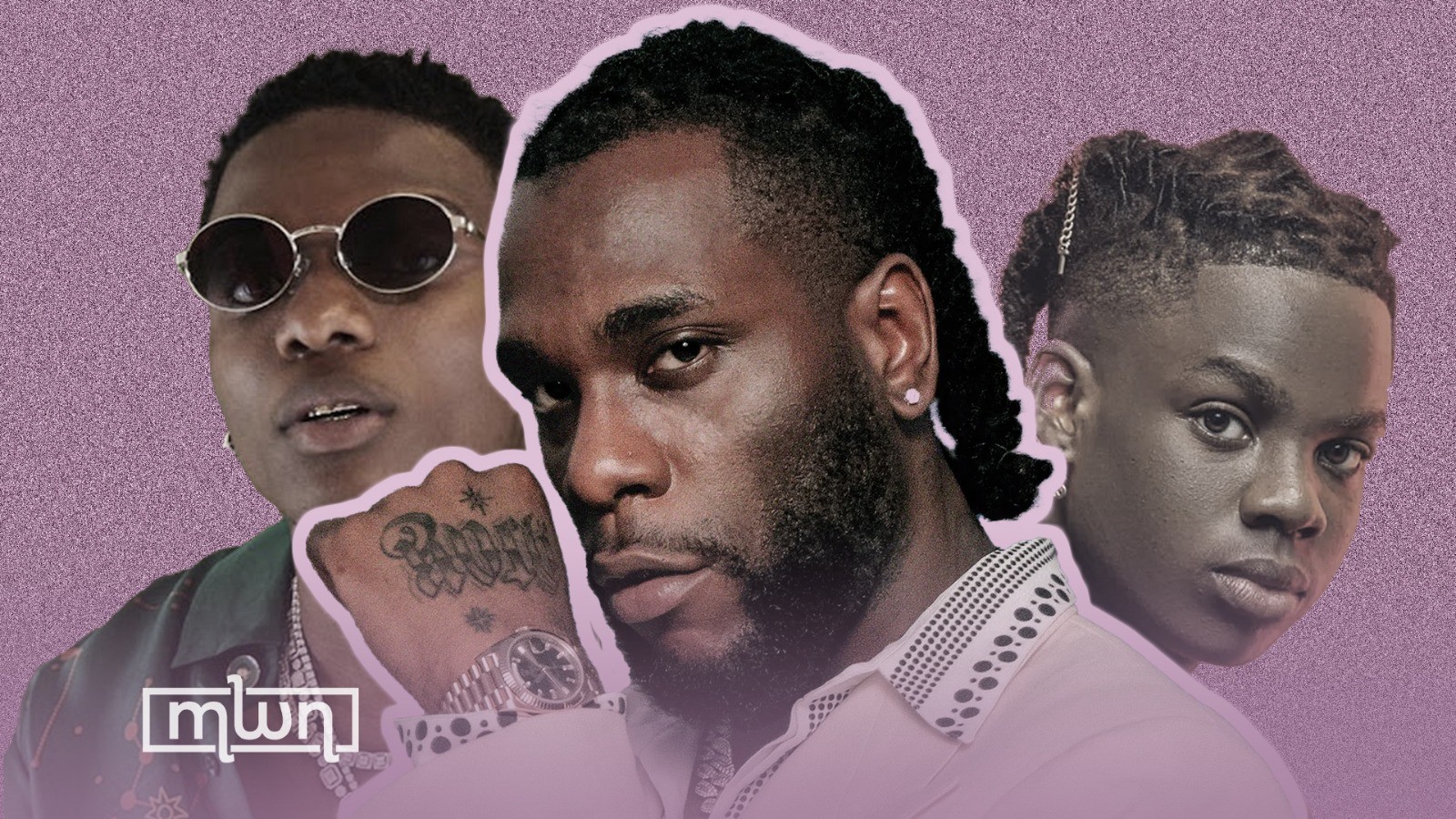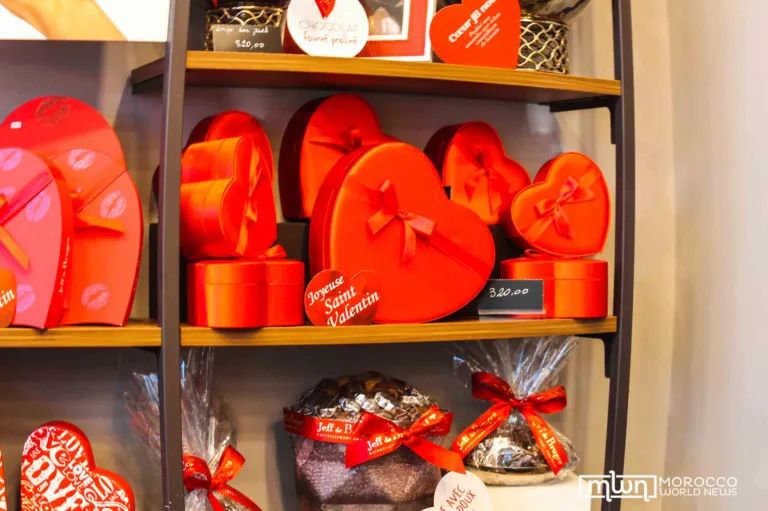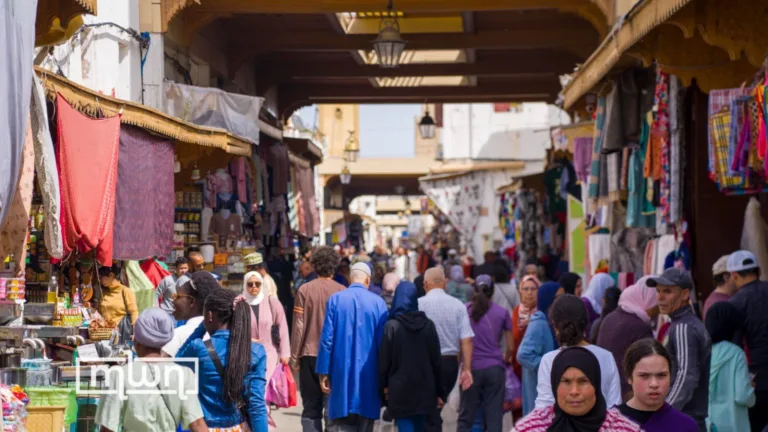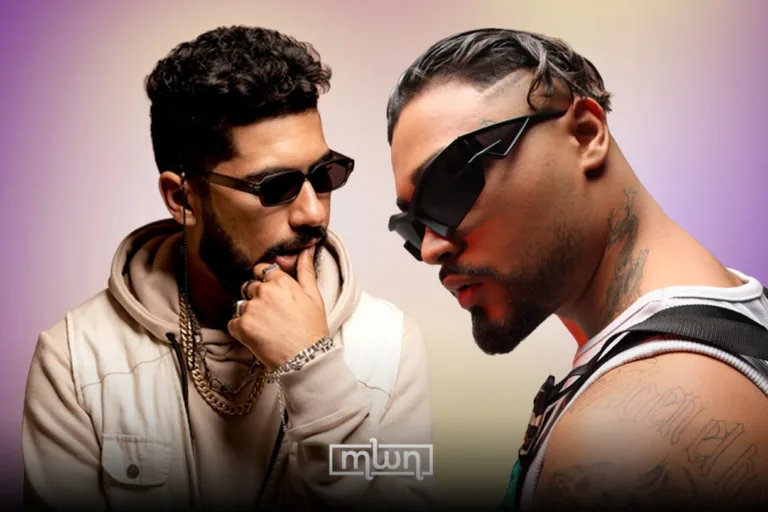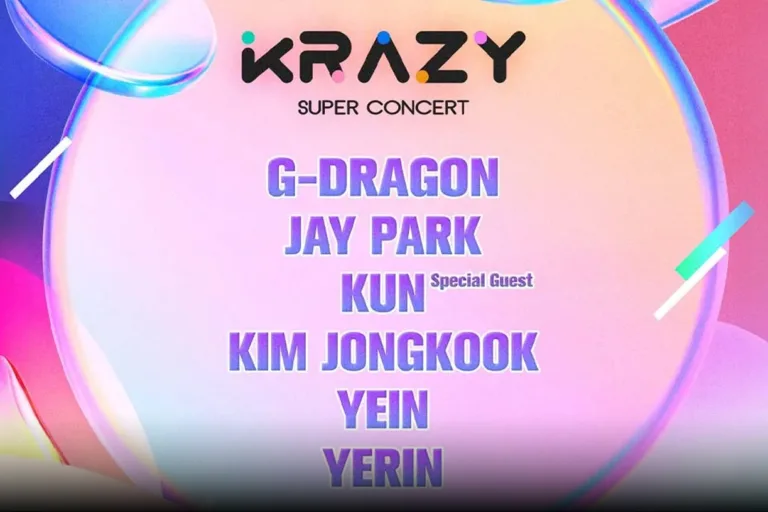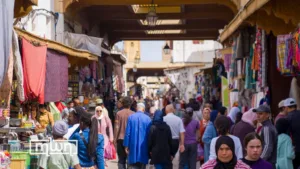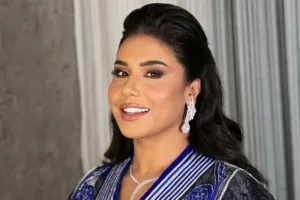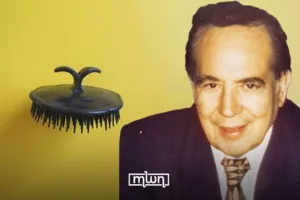Rabat – The roots of Afrobeats trace back to the groundbreaking tunes of Fela Kuti during the 1970s.
Fela, a Nigerian multi-instrumentalist and political activist, pioneered a genre that skillfully fused traditional African rhythms with jazz, highlife, and funk.
The musician intended for Afrobeats to be a platform for activism rather than merely as a musical style. Through his songs and lyrics, Fela bravely has tackled issues of political tyranny, inequality, and corruption.
Artists on the modern scene follow his lead and continue this legacy. Performers like Burna Boy, Wizkid, and Tiwa Savage have elevated the African spirit to the forefront of the international music landscape, effectively serving as cultural ambassadors.
Afrobeats have evolved into a cultural phenomenon, sparking creativity. The faces of this genre have transcended national boundaries and linguistic barriers to become worldwide icons.
Beyond the confines of the music realm, Afrobeat artists have emerged in social media, inspiring trends and dance crazes, and becoming beacons of positivity.
Afrobeats tracks like “Unavailable” by Davido and “Shu!” by Diamond Platnumz include dancing moves that encapsulate the contagious spirit of the genre. These songs have been at the forefront of popular social media trends on TikTok.
Through their participation in these trends, fans and dance enthusiasts helped to create a worldwide celebration of African culture and innovative music.
International collaborations are helping Afrobeats achieve new heights of popularity. Examples of this include Beyoncé’s song “Ja Ara E” for her album “The Lion King: The Gift”, in which she collaborated with Burna Boy, and Drake’s song “One Dance” featuring Wizkid.
Another notable example is the song “Monalisa” by Lojay and Sarz, which was remixed with Chris Brown and received more recognition abroad.
This kind of cooperation not only demonstrates the genre’s growing impact but also its increasing popularity and recognition from the international music industry.
On X, a user joyfully expressed, “Been listening to Afrobeats continuously and I have never felt happier. This music is amazing.” Another member extended well wishes to their community, saying, “You’ll be having a good day, and here come Afrobeats to make it even better.”
Beyond that, many Africans discover solace in these beats as a means to stay connected to their roots, easing the agony of homesickness.
Saida Dahir, contributor to berkeleybside.com, conveyed in her article on Afrobeats that “this genre of music held a profound significance for me, serving as a powerful thread that kept me connected to my cultural roots.”
Afrobeats stands as more than just a musical genre; it is a cultural phenomenon that transcends borders.
What new rhythms, collaborations, and dance trends will this musical gift the world next?

